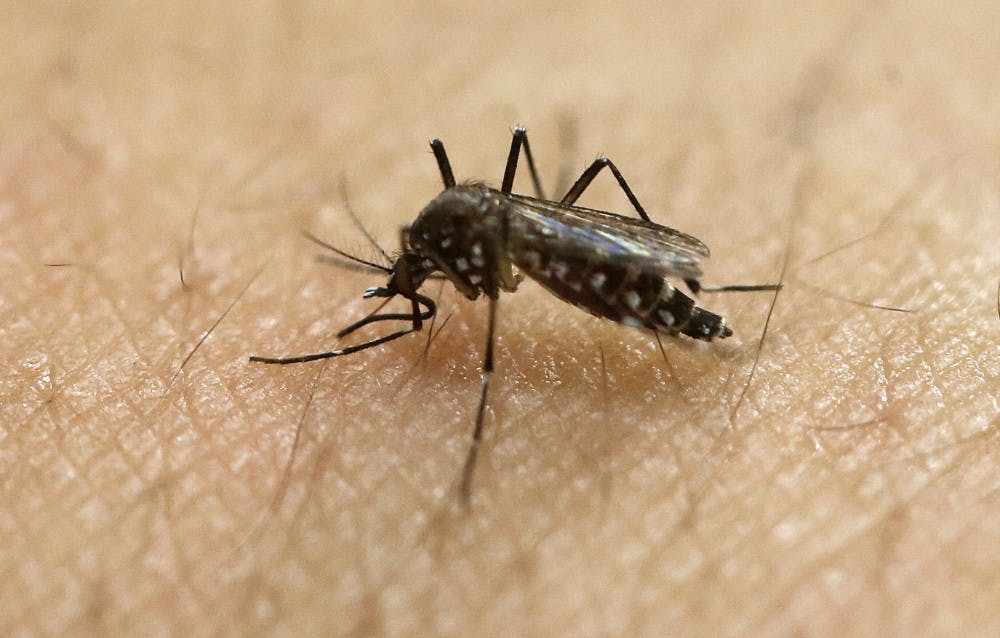As the Zika virus has come to South Florida, UF is taking precautions and educating students through a new website.
UF recently launched zika.ufl.edu, which includes prevention tips and resources students can use. The virus, though spread mainly by mosquito bites, can also be passed sexually.
“There really isn’t a treatment, and there’s no vaccine at this point,” said Dr. Guy Nicolette, the director of the UF Student Health Care Center.
The Zika virus can cause birth defects to a fetus, such as microcephaly, in which babies are born with smaller heads due to abnormal brain development. Others infected by the virus may only experience mild flu-like symptoms.
UF is working to remove standing water around housing complexes and other facilities, according to a UF email.
The school is also taking inventory of all other standing bodies of water around campus to determine the amount of larvicide needed to kill larvae.
Students are advised to wear insect repellent, repair holes in screens and throw away containers holding water to reduce the potential number of mosquitoes near them.
Casey Parker, a UF entomology and nematology doctoral student, won a contest last year for developing a black pyramid-shaped device that attracts mosquitoes laying eggs. The device, laced with pesticides, keeps more mosquitoes from hatching.
Zika-carrying mosquitoes like to be in containers, she said.
“They’re highly specialized to be in urbanized environments, in a neighborhood or something like that,” the 24-year-old said.





